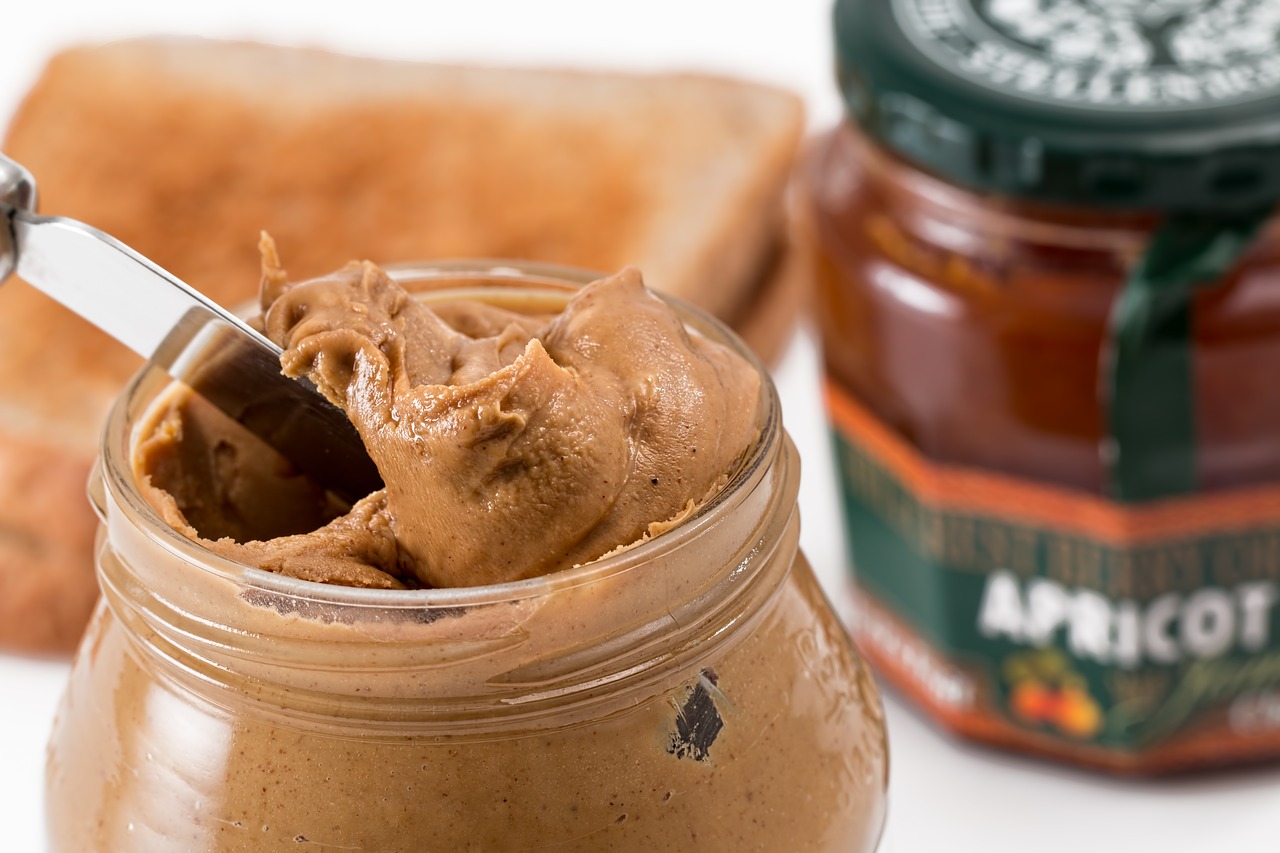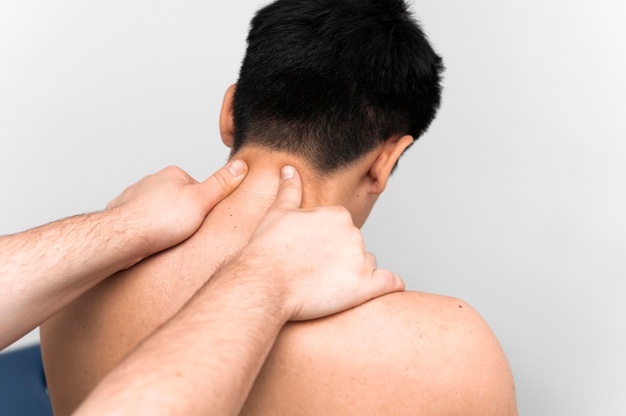
Experiencing hiccups has never been an easy task. Once it starts, it takes a toll on your body and brains, making you believe something bad is happening inside. Your anxieties might also skyrocket during hiccups.
Some people even find these hiccups embarrassing, saying these have affected their performance in the workplace… and even bed.
Many of you might be wondering what a hiccup is and why is it so common? Well, yes, hiccups can happen to you too, but if you read this article, you will learn how to avoid them and fight them when they occur.
What Exactly Are Hiccups?
A hiccup occurs due to involuntary actions inside your throat canal muscles. It happens when your diaphragm’s muscles suddenly contract and become out of control. Hiccups can lead to vocal cords closure, and they might even exhibit a strange sound.
There are many reasons why hiccups happen. If a person is stressed, overeating, stuffing too much food at once, having pneumonia or other lung disorders, or anything that can irritate the diaphragm can cause hiccups.
Strokes, tumors, and hypersensitivity could also contribute to hiccups. In medical terms, a hiccup happens when a sudden contraction of your intercostal muscles and diaphragm happen between your ribs. Your closed larynx also gets in the way, and you might feel a mild jerk.
Some Things To Avoid First
Before jumping to the treatment section, let’s consider some identifiers that happen or lead to a hiccup. If we get these things out of our bodies, we might have low or no hiccups.
These factors include:
- Drinking cola/carbonated drinks.
- Excessive smoking.
- Too much alcohol consumption.
- Inhaling too much air at once and exhaling less.
- Chugging large quantities of food too quickly.
- Consuming something either too hot or cold, resulting in body temperature change.
- Extreme stress and anxiety.
Some people also have chronic hiccups, and there might be additional underlying symptoms for them that are causing these hiccups. Conditions such as:
- Asthma
- Pneumonia
- Inflammatory Bowel Disease.
However, there is one thing you shouldn’t worry about. Hiccups aren’t fatal, and they will only last for a few moments and stop on their own gradually. Therefore, there is nothing to panic about.
15 Remedies That Can Help
You can also follow some natural and home remedies that would get rid of your nasty hiccups. Follow these simple remedies, and don’t let any hiccup ruin your special day.
1) Drink Water
Fill a glass of water and take nine to ten quick sips in a row from that glass. Gulping water can correct your spasm. The thing is, when you gulp that water, rhythmic contractions of your esophagus will override your diaphragm’s spasm in a short while.
If this technique doesn’t work, take out a small paper towel and place it on the top of your glass and try to drink through that towel. Exert more force to chug your water, and your diaphragm will have more action that will result in getting rid of your hiccup.
You can also use straws to do it even quicker. Place a straw inside your water glass, stick your fingers in your ears and sip through that straw. The vagus nerve will be pressed, which will end your hiccup instantly.
2) Peanut Butter
The chewy, yummy peanut butter inside your fridge is much more than just a breakfast delight. A big spoonful of peanut butter is the classic cure to say bye to nasty hiccups. You can use this peanut butter when you’re experiencing another hiccup.
Take a spoonful of peanut butter, put it inside your mouth, chew it, and try to get it off your tongue and teeth. Your breathing and swallowing patterns will be interrupted, and thus your hiccups will be gone for good.
3) Hey Honey
The good ol’ honey remedy that our nannas used to give us is still as beneficial as it was then. If you’re experiencing a hiccup and some honey and water nearby, then pick a cup.
Add warm water to the cup and pour one teaspoon of honey inside it. Mix them well and put that warm sweet water on the back of your tongue – swallow it.
Honey will tickle the vagus nerve, eventually putting a top to your hiccups.
4) Breathe Breathe
We realize that making these recipes or doing any work is a hundred times more difficult when experiencing a hiccup. You can choose a small paper bag next time it happens.
Take that bag and breathe slowly and deeply into it. The carbon dioxide level will increase in your blood, and your diaphragm will contract more deeply for oxygen. Breathing into the paper bag will resolve your hiccups.
5) Suck Lemons
If you’re experiencing a sudden hiccup and there is a lemon nearby, then take it and cut a wedge out of it. Suck on that lemon wedge as it is a popular hiccup remedy.
You can also soak the lemon wedge into non-alcoholic bitters first for even quicker results. This lemon treatment is a proven way to cure your hiccups.
6) Tongues Out
Sometimes there are no lemons, paper bags, water, or anything. This could happen, especially when you’re walking alone or traveling.
In that case, stick out your tongue. Many singers and actors follow this tongue-out therapy to control their hiccups. It stimulates the opening between your vocal cords or glottis.
You have to take out the tongue and breathe smoothly, correcting the spasms leading to the hiccups.
7) Ear Plugging
We have always been sticking our fingers into our ears whenever there is an unpleasant event going on. Who would have thought this practice could work on hiccups too?
Stick your clean fingers in your ears for at least thirty seconds. You can also press the soft areas behind your earlobes to relax your vagus nerve. The vagus nerve and diaphragm are connected, which means you will relax both directly.
8) Dill Ways
Dill is something that will pleasantly heal your hiccups, leaving a nice taste behind.
Take a teaspoonful of dill seeds and slowly chew them. This traditional way can do wonders because the dill seeds contain properties that can stimulate the vagus nerve to stop giving us any more hiccups.
9) Knee Hugging
As we already said, anxiety can further trigger your hiccups. You need to do something to relax your mind, lower anxiety, and even get rid of your hiccups.
The best exercise to follow is to sit down, bring your knees to your chest and hug them for a straight two minutes. When you pull your knee closer to your chest, it will help to stop the diaphragm spasms.
10) Rectal Massage
An unusual but proven method to get rid of persistent hiccups is to perform a rectal massage on yourself. A man tried this method and got rid of his days-old hiccups.
You can use a rubber glove, a good silicone or water-based lubricant, and your fingers. Gently massage your finger into the rectum, and you will see that your hiccups have gone by.
Any person can try this method.
11) Neck Massage
You can also try doing a carotid artery massage on both sides of your neck. Check where you find your pulse on the neck; this is the artery.
You have to lie down, turn your neck to the left first, and massage the artery on the right side—massage in a circular motion for at least 10 seconds.
12) Ice Lick
Take some ice cubes out. It might sound crazy and chilling but start sucking on those ice cubes like lollipops. Please do it for a few minutes until they get to a reasonably small size.
Swallow those tiny cubicles. It will help your diaphragm get rid of the spasms and hiccups.
13) Gag Reflex
Gag reflex can help you get out of the hiccups. It could be tough, and we wouldn’t recommend it if you just had dinner.
Take a cotton swab and gently swab it on the back of your throat. Put it there until you start to gag or cough. This gag reflex will stimulate the vagus nerve.
14) Hand Points
When you feel like you have got a hiccup, start pressing the palm of your hands firmly with your other hand’s thumbs.
You can also squeeze your left thumb’s ball present between your right hand’s thumb and forefinger. It might discomfort you and distract your nervous system, or a hiccup.
15) Sugary Solution
Lastly, you can also try the popular sugar cure. Take a spoonful of sugar and start chewing and swallowing it.
The graininess of sugar will mildly irritate your esophagus, making your phrenic nerves reset themselves. Hiccups will be gone.
Conclusion
These home remedies are natural and help you fight hiccups at home. Most of the time, these practices will get you rid of hiccups, but sometimes things can get worse, and these situations could get longer than 48 hours or so.
If your hiccups are still intact, go to your doctor and let them help you.
References:
1) Marissa Laliberte, Readers Digest Canada, What Happens to Your Body When You Start Drinking Eight Glasses of Water a Day, 2015 Feb. https://www.readersdigest.ca/health/healthy-living/drinking-eight-glasses-of-water-a-day/
2) J Neurogastroenterol Motil, Full-Young Chang, Ching-Liang Lu, Hiccup: Mystery, Nature and Treatment, Hypertension. 2012 Apr; 18(2): 123–130. PMC3325297; PMID: 22523721. https://www.ncbi.nlm.nih.gov/pmc/articles/PMC3325297/citedby/
3) Andres DW. Transesophageal diaphragmatic pacing for treatment of persistent hiccups. Anesthesiology. 2005;102:483. DOI: 10.1097/00000542-200502000-00040 https://pubmed.ncbi.nlm.nih.gov/15681973/
4) Porzio G, Aielli F, Verna L, Aloisi P, Galletti B, Ficorella C. Gabapentin in the treatment of hiccups in patients with advanced cancer: a 5-year experience. Clin Neuropharmacol. 2010;33:179–180. doi: 10.1097/WNF.0b013e3181de8943. https://www.ncbi.nlm.nih.gov/pubmed/20414106
5) Wilcox SK, Garry A, Johnson MJ. Novel use of amantadine: to treat hiccups. J Pain Symptom Manage. 2009;38:460–465. doi: 10.1016/j.jpainsymman.2008.10.008. https://pubmed.ncbi.nlm.nih.gov/19735905/





Since hiccups involve a smasmodic diaphragm muscle that's the thing you want to settle down.
This method works for me every time but it may not be for everyone, caution advised.
Restrict airflow for your breathing in and out. Easiest to do this by breathing through your mouth and pursing your lips or putting your hand loosely over your mouth. The aim is to creat enough flow restriction that you have to work harder to breathe.
I then breathe quickly, in my case about 2 inhale-exhale cycles per second, like a panting dog except I am also breathing more deeply than I normally would. This really makes your diaphragm and rib muscles work! You don't need to restrict airflow too much, just enough that you can feel it takes effort to breathe like this.
I only have to do this for 10 to 15 seconds.
I then return to normal breathing, hiccups are gone! 🙂
You might feel a little light-headed if you over-do it. This might be what the old 'paper bag' technique was trying to accomplish but it's better without the bag.
People with blood pressure issues or vascular or respiratory issues should approach this method carefully so as not to trigger anything worse if you are a bit frail.